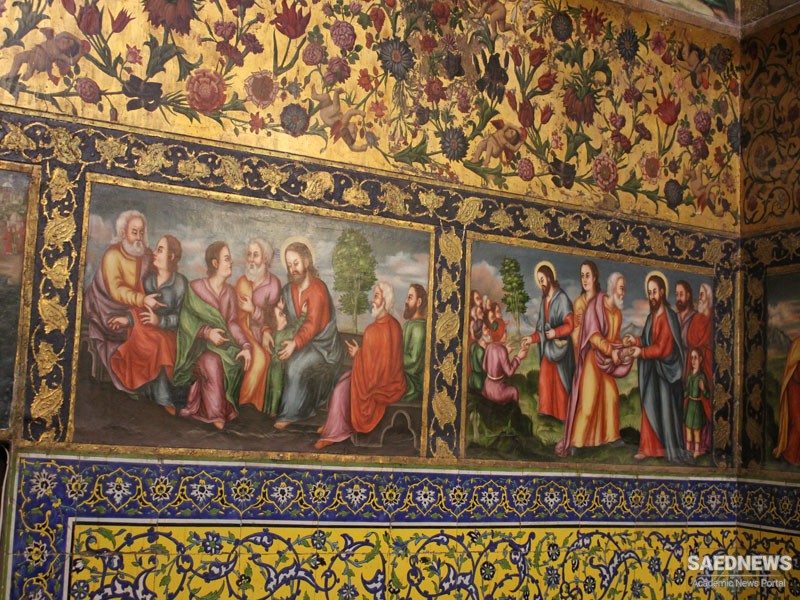He went there in 765, with two of his pupils, Ibrahim and Isa b. Shalutha, entrusting the direction of the hospital of Gundishapur to his son Bokhtisho. After Georges, his son Bokhtisho, followed by his grandson Gabriel (II), became physicians at the court. The latter was at first the private physician of the influential Barmakid vizier and then served Harun al-Rashid, al-Amin and al-Ma'mun.
Thus began the Bokhtisho dynasty of physicians, which lasted more than three centuries. None of the Muslim viziers and governors were able to establish such a long-lasting dynasty. The Caliph al-Mansur also had a Jewish physician, named Farat b. Shahta, and he too, we are told, was very much trusted by the Caliph. We do not know if he was granted the same amount of power over his co-religionists as was Isa b. Shalutha. Nonetheless he acted as an advisor to the Caliph, and was in a position to influence him in his political decisions.
The importance of the court physicians’ office and that of the Catholicos not only caused confrontations with the Muslim officials, but also generated rivalry among Christians. During the reign of the Caliph al-Saffah, Surin, the Metropolitan of Nisibis, and Ya'qub, the Nestorian Metropolitan of Gundishapur, coveted the seat of the catholicate. Surin plundered the Churches of their wealth and handed it to Aban, the governor of Mada'in in order to obtain his support. Because of this, he only occupied the seat of the Patriarch for 51 days before he was removed by the Caliph al-Saffah, who had been informed of this abuse. The Caliph then gave the seat to Ya'qub (753-773). Nonetheless, Surin did not give up; he was nominated Metropolitan of Basra, and from there he tried to recover his position as patriarch, which he was able to regain for short intervals.


 New Islamic Rulership in Persia and Christian Rivals
New Islamic Rulership in Persia and Christian Rivals














































